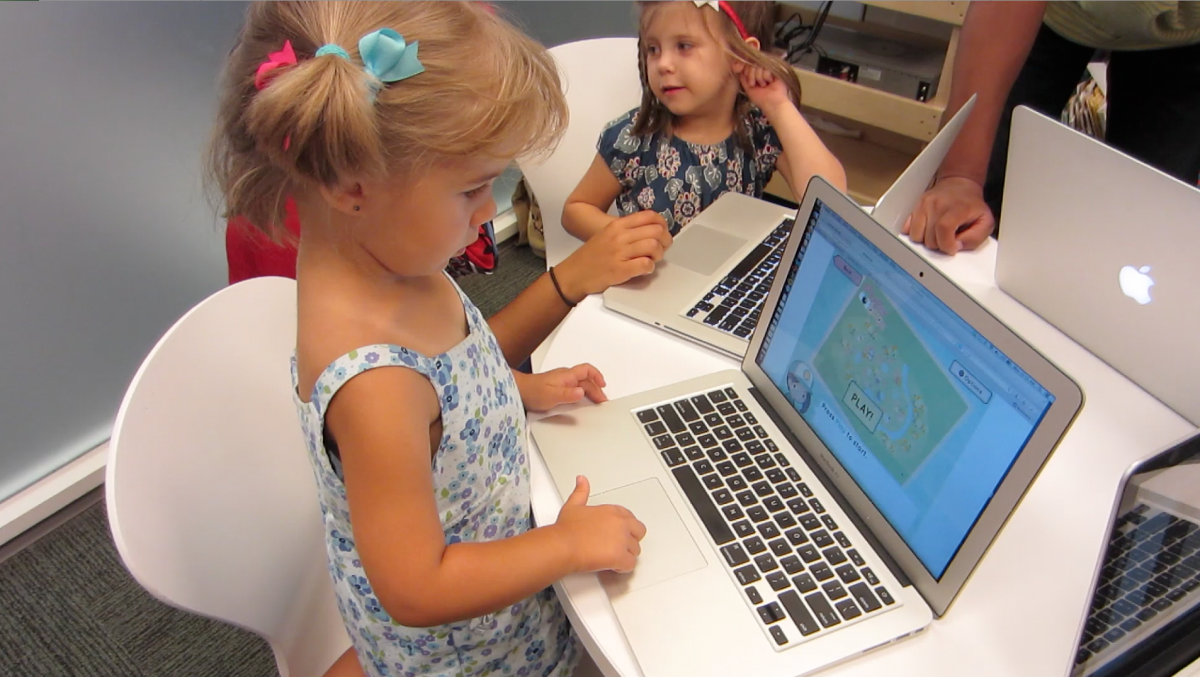In my freshman-year biology class in college, my professor asked the 120 students in the room to think about how a tree acquires mass as it grows. I was puzzled, having never been asked this question in previous biology classes, and other students felt the same way and didn't know the answer. After allowing us to deliberate for a little while, the professor proceeded to show us a video of Harvard and MIT graduates coming up with the wrong answer to this fundamental question about photosynthesis.
